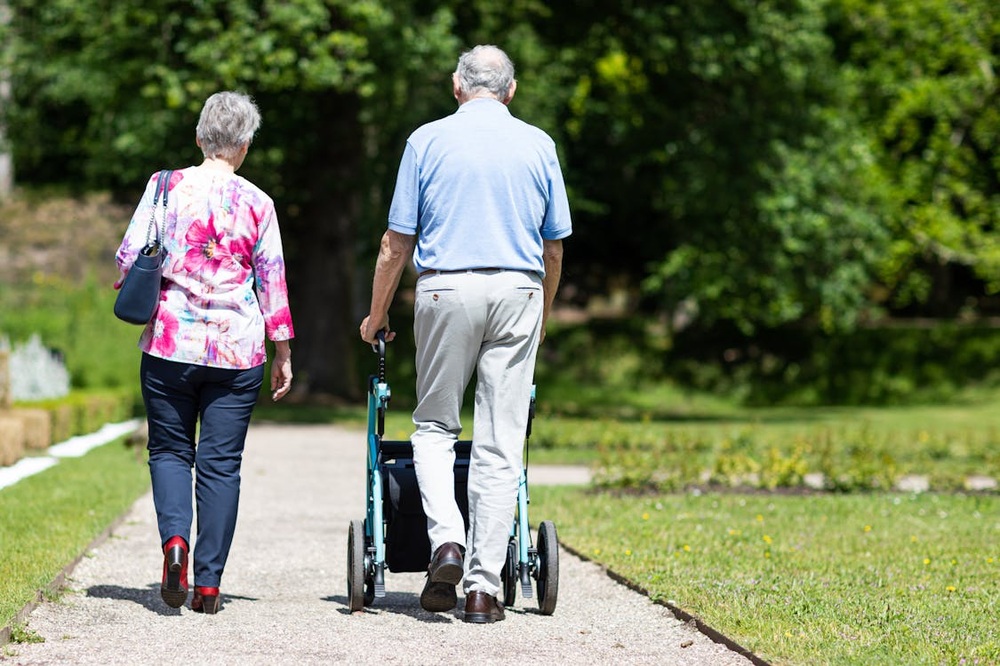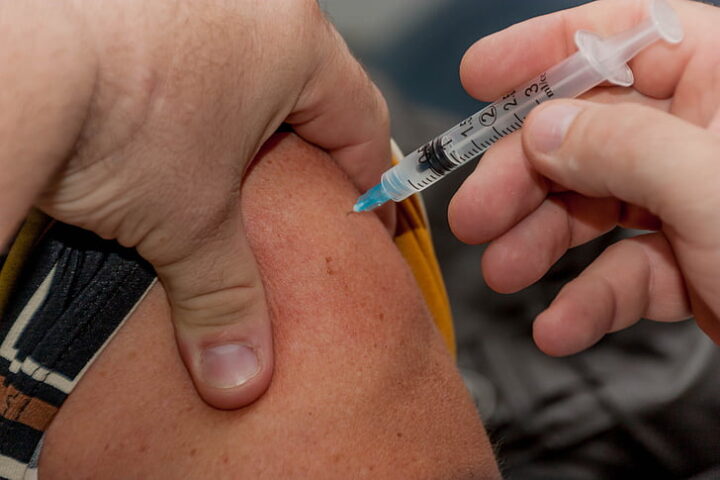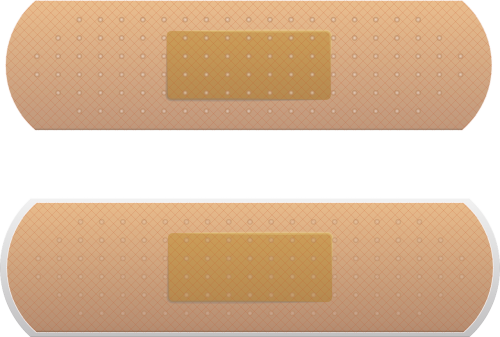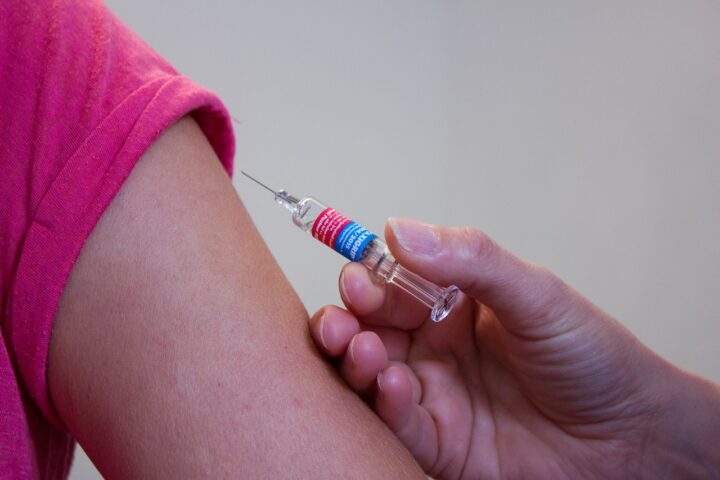Recent studies reveal that exercise does more than just keep our bodies fit— it actively protects our brains. Research published in the Journal of Post-Acute and Long-Term Care Medicine shows that even small amounts of physical activity can significantly reduce dementia risk in older adults.
A groundbreaking study from Johns Hopkins University, analyzing data from nearly 90,000 adults aged 50 and above, found that just 35 minutes of moderate to vigorous physical activity per week can lower dementia risk by 41%. The benefits increase with more exercise – those who exercised 140 minutes or more per week showed a 69% lower risk.
“Our findings suggest that increasing physical activity, even as little as five minutes per day, can reduce dementia risk in older adults,” says Amal Wanigatunga, Assistant Professor at Johns Hopkins Bloomberg School’s Department of Epidemiology. “This adds to a growing body of evidence that some exercise is better than nothing, especially about an ageing-related disorder that affects the brain that currently has no cure.”
The science behind these benefits is becoming clearer. Research led by Steven Malin at Rutgers University explored how exercise enhances the brain’s response to insulin, a crucial factor in both blood sugar management and cognitive function. The study examined 21 participants, primarily women with prediabetes, who completed a two-week exercise program.
“We believe this work is important because it suggests exercise may improve cognition and memory by enhancing insulin’s ability to act on the brain,” Malin explains. The research revealed that exercise increased the presence of Akt, a protein vital for insulin response, in neuronal extracellular vesicles–tiny cellular “delivery trucks” that transport important molecules throughout the brain.
Similar Posts
The emerging evidence supports a direct connection between physical activity and brain health. Regular exercise supports brain plasticity – the ability to form new neural connections. This becomes particularly important as we age, as these mechanisms help maintain cognitive function and potentially slow the progression of conditions like dementia.
What’s particularly encouraging is the flexibility in how people can achieve these benefits. The research suggests that different exercise patterns can contribute to brain health improvements. The key finding is that any amount of exercise is beneficial– even short bursts of activity can contribute to better brain health.

Dr. Kaustubh Mahajan emphasizes the deep connection between movement and brain health. The recommended guideline of 150 minutes of moderate-intensity physical activity per week provides a target for brain health, but the research clearly shows that starting with even five minutes of daily activity can make a meaningful difference in brain health and dementia risk reduction.
This growing body of evidence suggests that it’s never too late to start exercising for brain health. Whether it’s a short daily walk or a more intensive workout routine, physical activity appears to be one of our most powerful tools for maintaining cognitive function as we age.


















